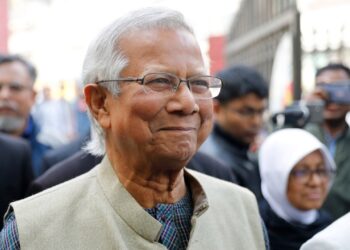The Indian railways operated its first special train for migrant workers on Friday as a pilot project. The 22 coach train which started its journey at 5:00 a.m. today to Hatia in Jharkhand from Telangana’s lingampally carrying over 1200 people.
South Central Railway chief spokesperson Ch Rakesh said a ” one-off special train ” was run early in the morning on the request of the Telangana government. Any further train shall be plan only as per the directions of the Ministry of Railways and on request from both the originating and destination state governments.
Officially said, the train to Jharkhand did not have any stoppages. ” It has in all 22 coaches including sleeper and general compartments,” all necessary precautions such a prior screening of passengers maintaining social distancing at the station and in the train were followed.
The 1200 migrant workers, all residents of Jharkhand, were stranded at the Indian Institute of Technology (IIT) Hyderabad campus at Kandi in sangareddy district due to the Lockdown.
Rakesh said, no public announcement was made on the running of the special train, since it could have triggered Chao with thousands assembling at railway stations in anticipation of more such trains” The railway authorities were in touch with the nodal officers of the Telangana government who made arrangements for shifting of the migrant labourers to lingampally,” he said.
An official, in the Telangana government, who did not want to be named, said the 1200 migrants labourers were taken from the IIT campus on the outskirts of Hyderabad to the railway station in 57 buses early in the morning. The official made arrangements for their food and drinking water.
As per the guidelines from Home Ministry order, a stranded person from the above category will be allowed to travel inter-state after he/she thermally screened and has been found asymptomatic. These people will be recommended home quarantine for 14 days on arrival at the destination if institutional quarantine is not needed.
All states and union territories have been asked to designate nodal authorities and develop standard protocols for receiving, sending, and registering such standard persons.
[zombify_post]










